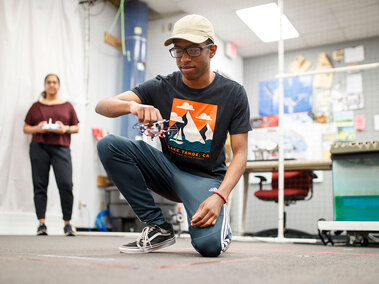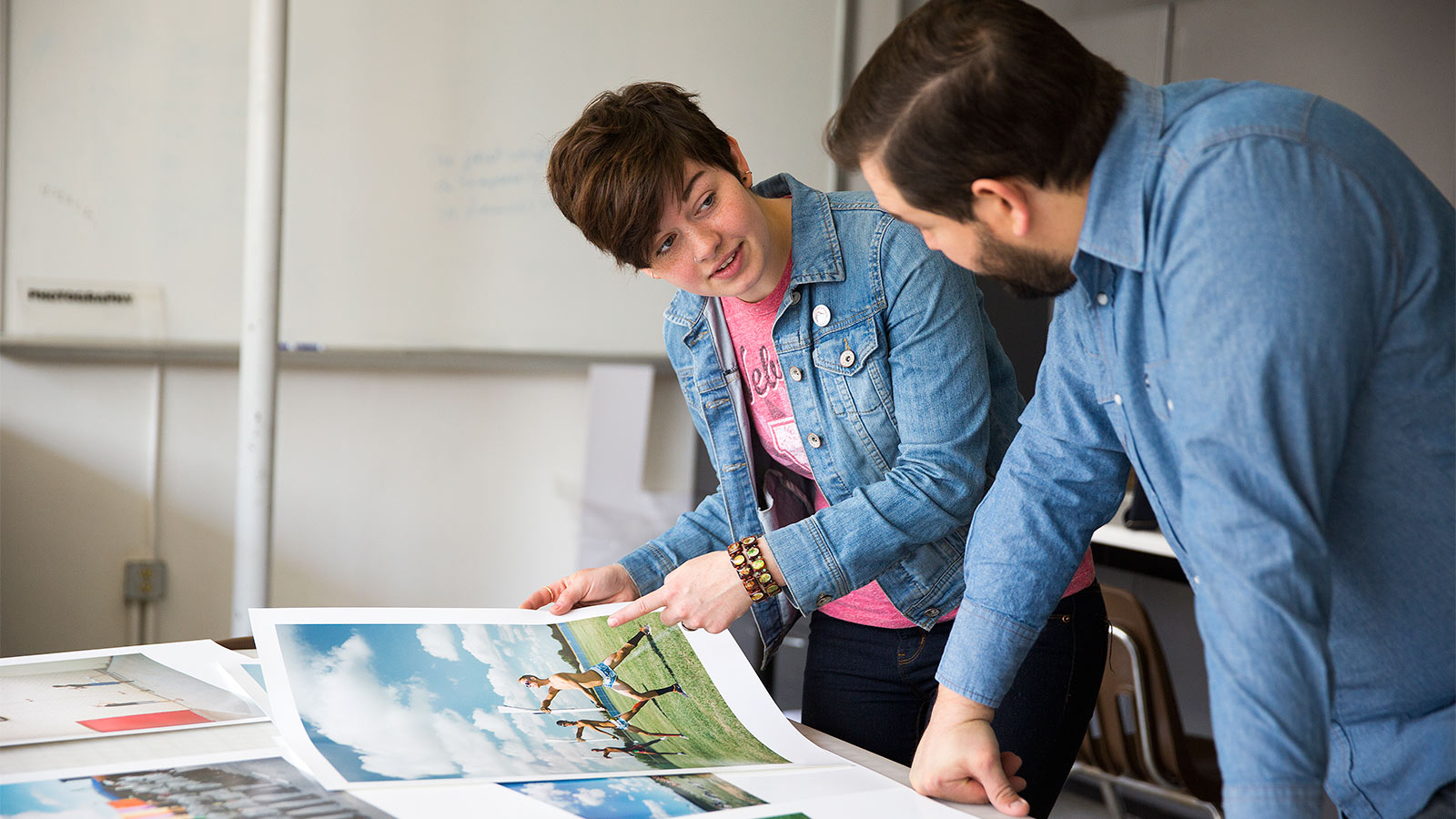The Office of Undergraduate Research & Fellowships (URAF), formed in 2021, united the Office of Undergraduate Research (c.1998) and the Office of National & International Fellowships (c. 2003) into a single staff team providing a cohesive co-curricular experience. Over the decades, the separate Director of Undergraduate Research and the Director of National & International Fellowships closely collaborated to implement high-impact practices for undergraduate student success promoted by the American Association of Colleges and Universities (AAC&U), the Association for Undergraduate Education at Research Universities (UERU), the Council for Undergraduate Research (CUR), and the National Association of Fellowships Advisors (NAFA). Informed by the university's vision for Undergraduate Education and Student Success, our integrated approach to advising recognizes that students thrive when staff provide validating support to ensure degree completion and foster a sense of belonging and self-efficacy among all University of Nebraska undergraduate students.
By combining two offices into one, we aim to connect first year (FYRE) and second/third year (UCARE) researchers to fellowship opportunities for all class years and recent alumni. Further, our staff sustain long-term engagement with high-achieving undergraduates and strengthen access to consistently validating advisor and mentor relationships throughout the undergraduate experience.
We are also aligned with the Husker Student POWER (HSP) framework, which identifies five elements — Purpose, Ownership, Well-being, Engagement, and Relationships — that research has demonstrated are common and critical to enabling students’ success. The framework provides a common language and vision for collaborative programming across the undergraduate experience to increase undergraduate persistence and graduation rates, close achievement gaps, and bolster postgraduation career outcomes.
Finally, our work is aligned with the land-grant research university spirit and the vision and priorities set forth by the Nebraska State Legislature, the University of Nebraska Board of Regents, and the Nebraska Coordinating Commission on Higher Education to increase the number of Nebraskans with high levels of research participation and promote their contributions of skills and knowledge to statewide initiatives for workforce development, economic expansion, and diversification.

